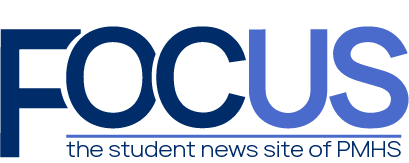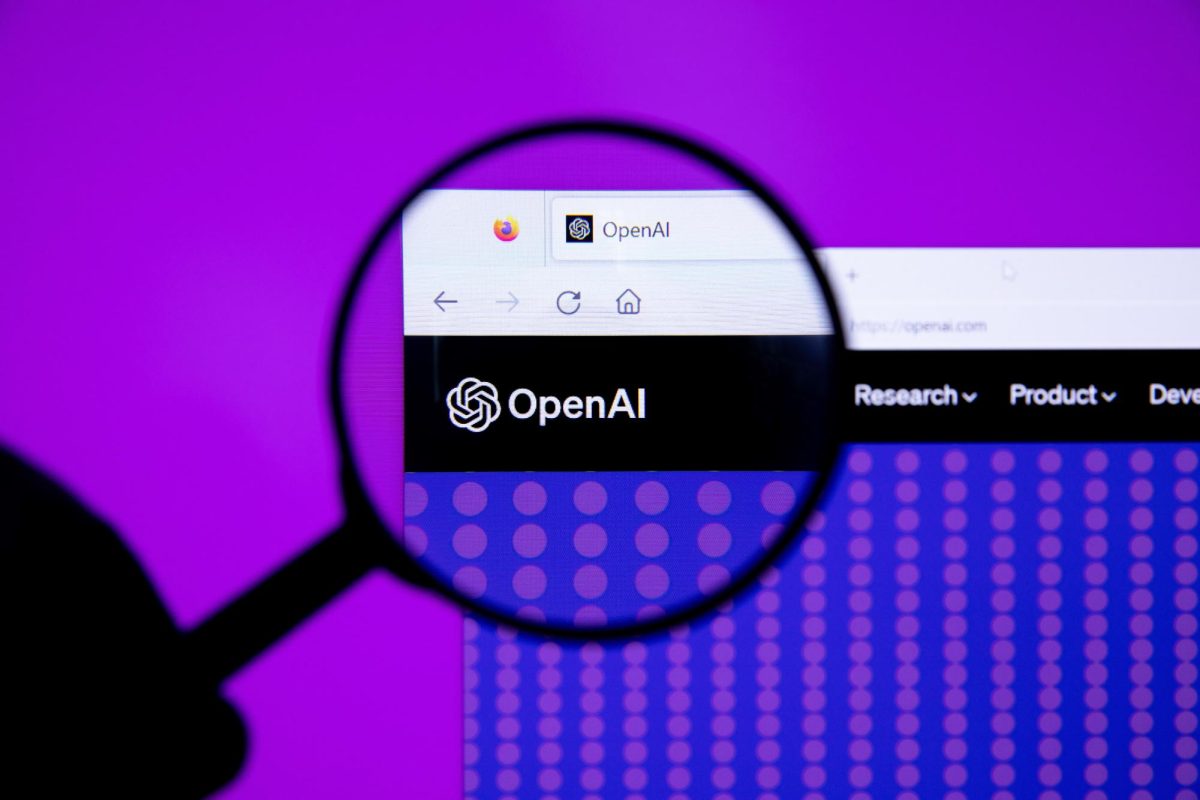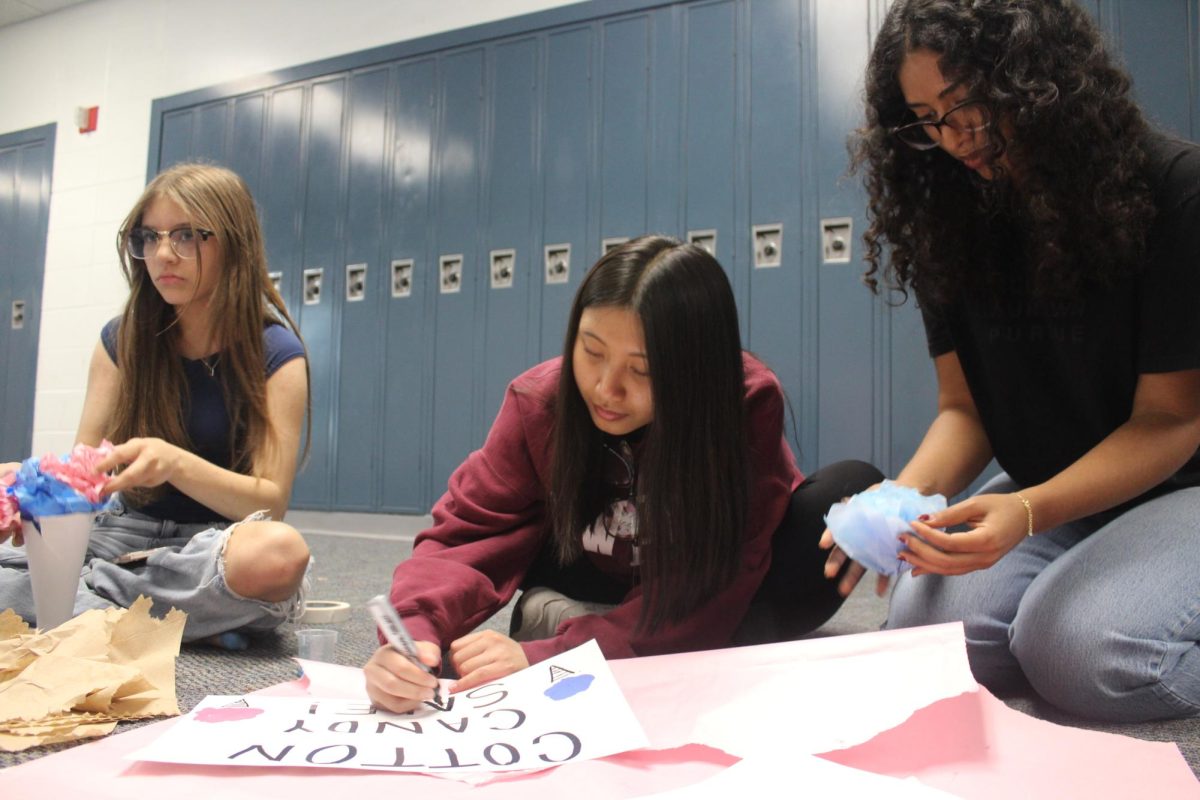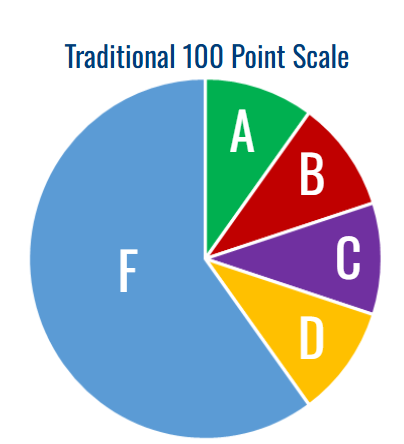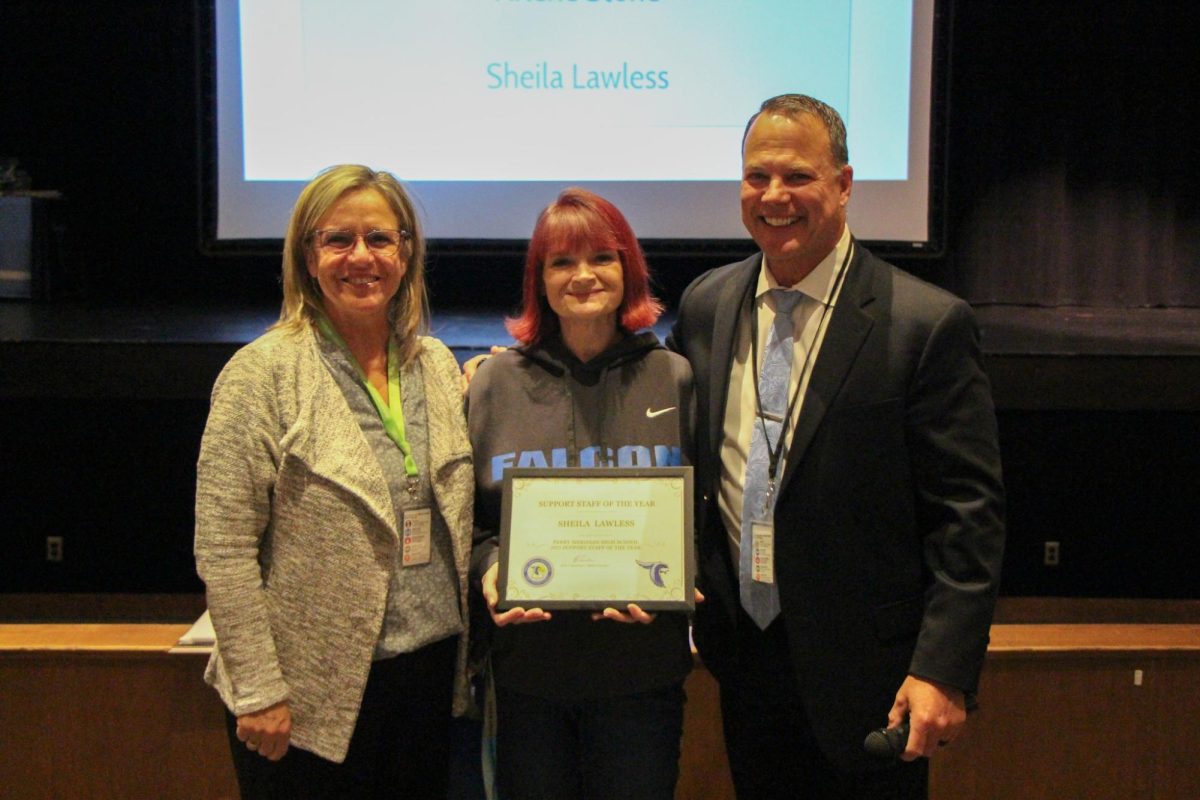How often do people use AI?:
Without hesitation, “Daily” science teacher, Scott Simmonds said.
AI is no longer a futuristic concept; it’s already reshaping classrooms, lesson plans and the way students learn across the globe.
AI software, such as ChatGPT, acts as an academic assistant, providing students with guidance and support when students are in need. However, some uses of the AI advantages have been taken for granted and implemented irresponsibly. It has become a learning block for students and even rising educators.
In simple terms, ChatGPT is a generative AI tool designed to assist users with information, ideas and responses. Schools worldwide have begun relying on its speed and convenience to support research, projects and classroom learning. However, this growing dependence raises important questions about authenticity, academic integrity and long-term learning outcomes. Its rapid integration into education could either enhance or disrupt traditional teaching methods. Ultimately, it’s how students and teachers choose to use AI that will determine whether it strengthens education or compromises it.
Inside the classroom, many teachers are turning to AI tools like ChatGPT to aid their lesson planning, generate assignment examples, and provide faster feedback to students. The technology has saved time on repetitive tasks, allowing educators to focus more on teaching and student engagement. “In the past, it would take hours to structure lessons, AI has made it easier for me to save time.” Benjamin Tatum said.
Simmonds expressed his concerns of AI risking “the interactions, [and] the student-teacher relationships”. Adding that AI should only be implemented as a simple “assistant” rather than a robotic replacement for educators.
Some express their concerns of overreliance.“I do worry about newer teachers who’ve always had this tool,” said Tatum. “It’s very tempting to go into [ChatGPT] and ask it to generate a lesson plan. You’re really not doing what you need to do to become a better teacher if you are [doing] cognitive offloading” he said.
As AI becomes more embedded in daily teaching routines, educators are still navigating how to use it responsibly and balancing convenience with the need to maintain professional growth and instructional quality.
While AI can be a valuable tool for providing students with clearer instructions and helpful reiterations, it also raises important ethical concerns. Overreliance on AI may hinder students’ learning, potentially risking their knowledge development and critical thinking skills. Replacing educational courses with technology as opposed to chalk boards, means that society “would be taking a sterile, hollow version of [a] class, and pushing out information” Simmonds said.
Some students express their love for its aid and convenience, stating that: “I mainly use ChatGPT to help improve my grammar and provide clarity on my essays.” Abegneco Kham Ling said. Other students much rather preferred the more physical and sentimental aspect of learning. “I would much rather have an engaging conversation with a teacher than ask AI to generate me answers.” Daniel Garcia said.
Though when used responsibly, AI can serve as a supportive guide, specifically when students lack access to direct communication with teachers. Both benefits and risks must be considered; it ultimately depends on how educators and learners choose to balance them. “Something I talk to my students about is: if AI is doing for you what teachers in the writing lab wouldn’t do for you, you’re not using [AI] to help you grow,” Tatum said.
“If you want to get the most out of school, you need to resist using this tool—as much as you may want to,” Tatum said. As the year progresses, both students and administrators must carefully weigh the academic and ethical risks of relying on AI. Every assignment completed with integrity is not just a reflection of individual effort, but a commitment to genuine learning. Only by maintaining these standards can the school community truly grow.
“Personalize your own knowledge. If you want the knowledge, you’re going to search for it. And that knowledge—cannot be accessed through AI.” Kham Ling said.
Chase. The. Knowledge. Not. The. Grade.

